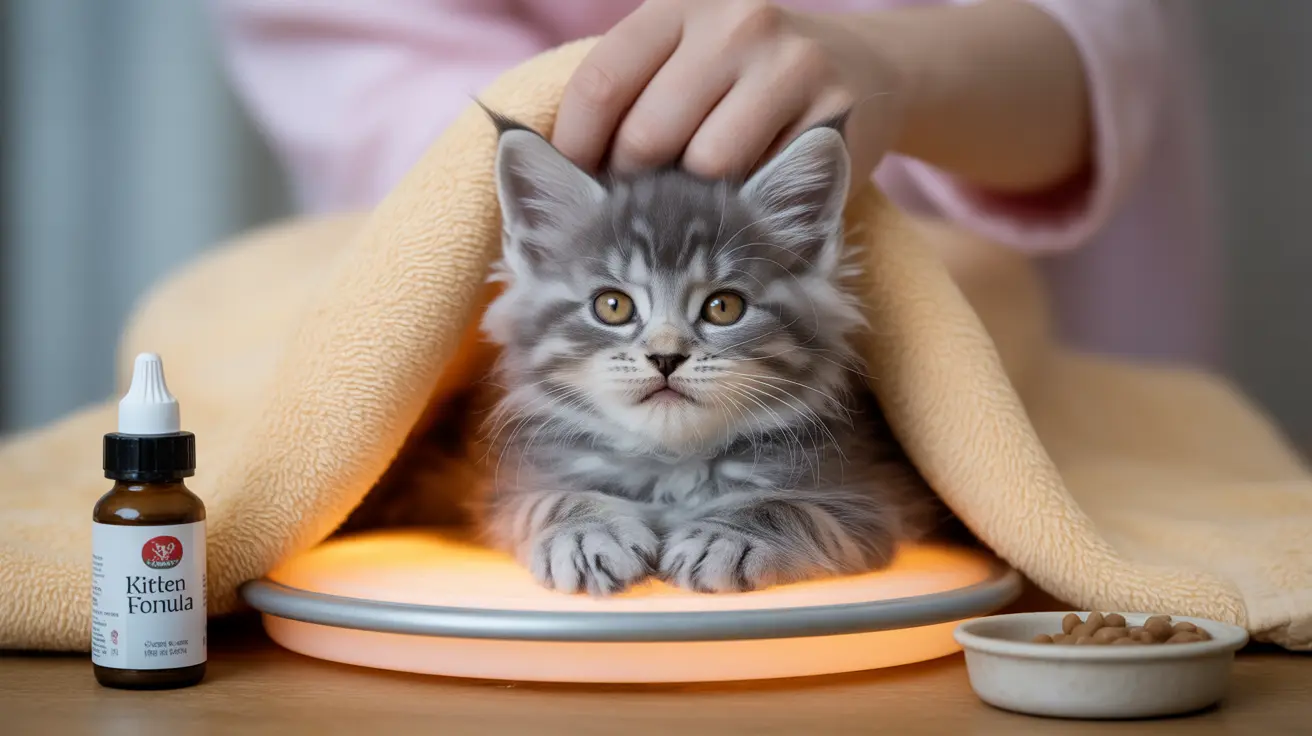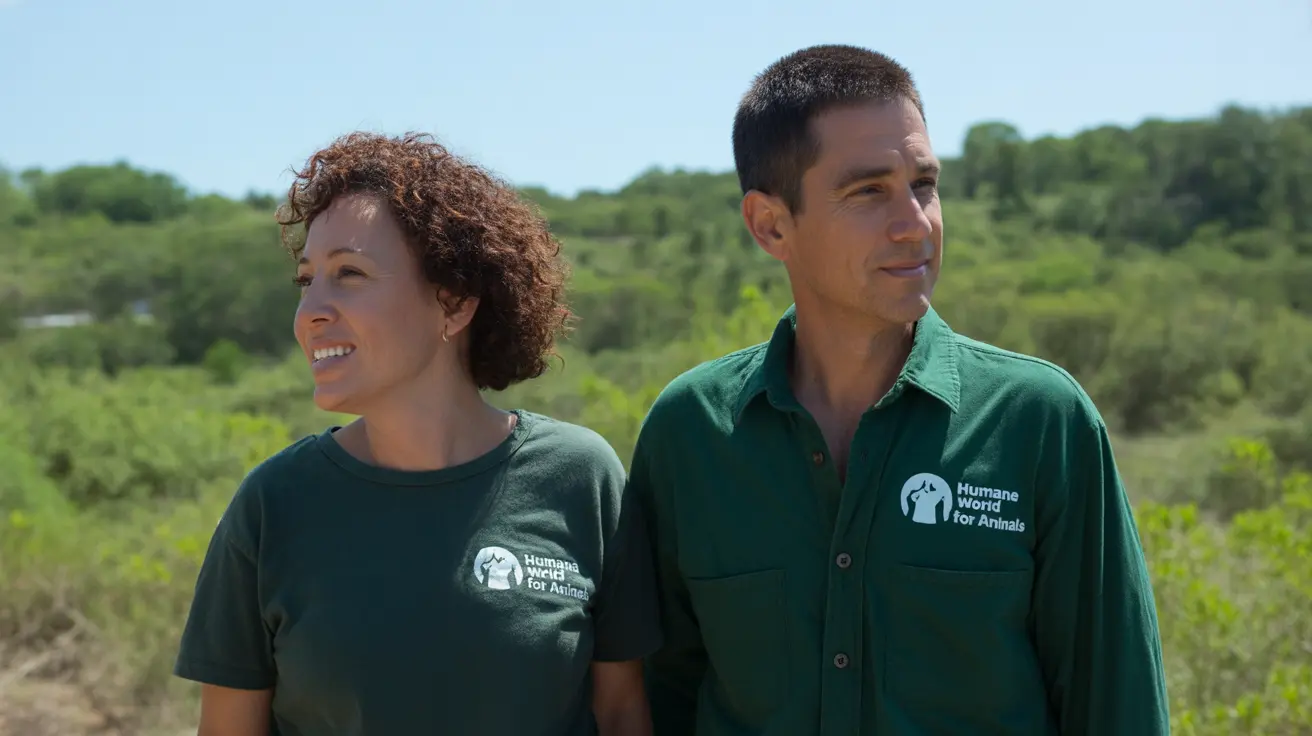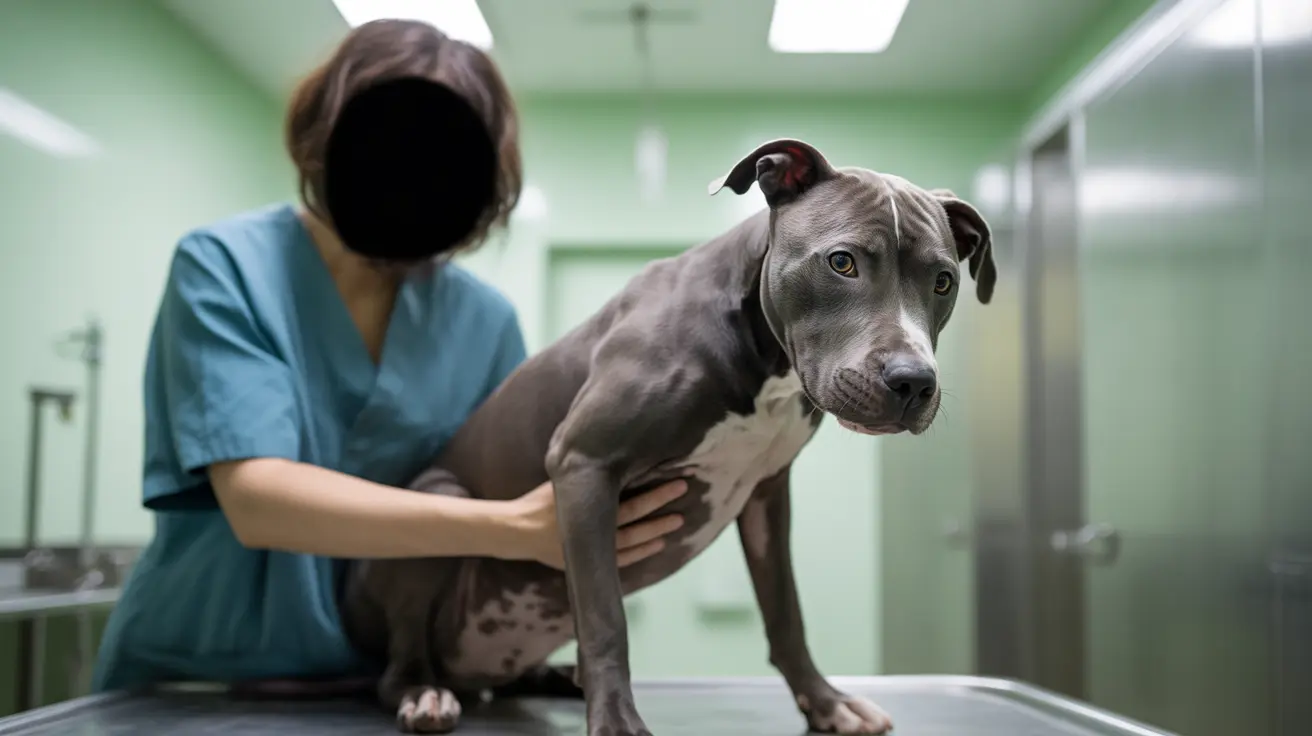Understanding the Critical First Hours
Newborn kittens are extremely vulnerable, with the first 72 hours being the most crucial period for survival. Statistics show that up to 91% of kitten deaths occur within the first three days of life. The primary threats are known as the "3H syndrome": hypothermia, hypoglycemia, and dehydration.
Immediate Life-Saving Steps
Assess and Warm the Kitten
The very first step in saving a newborn kitten is checking their temperature. A cold kitten cannot digest food properly, making this step critical before any feeding attempts. Create a warm environment using:
- A heating pad set to low
- A wrapped hot water bottle
- Your own body heat in emergency situations
- A specialized pet incubator for optimal results
Maintain the temperature between 85-90°F (29-32°C) for the first week, gradually reducing it as the kitten grows.
Proper Feeding Techniques
Choosing the Right Formula
Never use cow's milk or human baby formula. Instead:
- Use only commercial kitten milk replacer
- Ensure formula is properly mixed and warmed
- Feed every 2-3 hours, including overnight
- Monitor for proper suckling and swallowing
Feeding Schedule and Methods
Newborns require frequent, careful feeding to survive. Follow these guidelines:
- Feed every 2-3 hours for weeks 1-2
- Use proper bottle-feeding position (belly down, never on back)
- Monitor weight gain (should be 10g per day minimum)
- Keep detailed feeding and weight records
Creating a Safe Environment
A proper environment significantly increases survival chances. Essential elements include:
- Clean, draft-free space
- Soft, washable bedding
- Consistent temperature control
- Protection from other animals
- Regular sanitization of all supplies
Recognizing Emergency Signs
Know when to seek immediate veterinary care. Watch for:
- Refusal to eat
- Lethargy or weakness
- Breathing difficulties
- Crying continuously
- Diarrhea or vomiting
- Lack of weight gain
Frequently Asked Questions
How do I properly warm a cold newborn kitten before feeding to prevent hypothermia?
Gradually warm the kitten using a heating pad set to low, wrapped in a soft towel. Never feed a cold kitten. The warming process should take 20-30 minutes, and the kitten's temperature should reach 100°F (37.8°C) before attempting to feed.
What are the best kitten milk replacers and feeding techniques for orphaned newborn kittens?
Use commercial kitten milk replacers like KMR or PetAg. Feed with a kitten-specific bottle, holding the kitten in a natural nursing position (stomach down). Never feed on their back, as this can cause aspiration.
How often should I feed and weigh a newborn kitten to ensure healthy growth?
Feed every 2-3 hours, including overnight, for the first two weeks. Weigh the kitten daily using a gram scale. Healthy kittens should gain approximately 10 grams per day.
What signs indicate a newborn kitten needs urgent veterinary care?
Seek immediate veterinary attention if you notice lethargy, refusing to eat, difficulty breathing, continuous crying, severe diarrhea, or lack of weight gain over 24 hours.
How can I create a safe, clean environment to reduce infection risks in neonatal kittens?
Maintain a clean, warm space with fresh bedding changed daily. Sanitize all feeding equipment between uses, wash hands before and after handling the kitten, and keep the area free from drafts and other animals.
Conclusion
Saving a newborn kitten requires dedication, knowledge, and quick action. While the task may seem daunting, following these guidelines significantly increases the chances of survival. Remember that even with the best care, some kittens may not survive due to underlying health issues. If you're unsure at any point, don't hesitate to contact a veterinarian for professional guidance.






